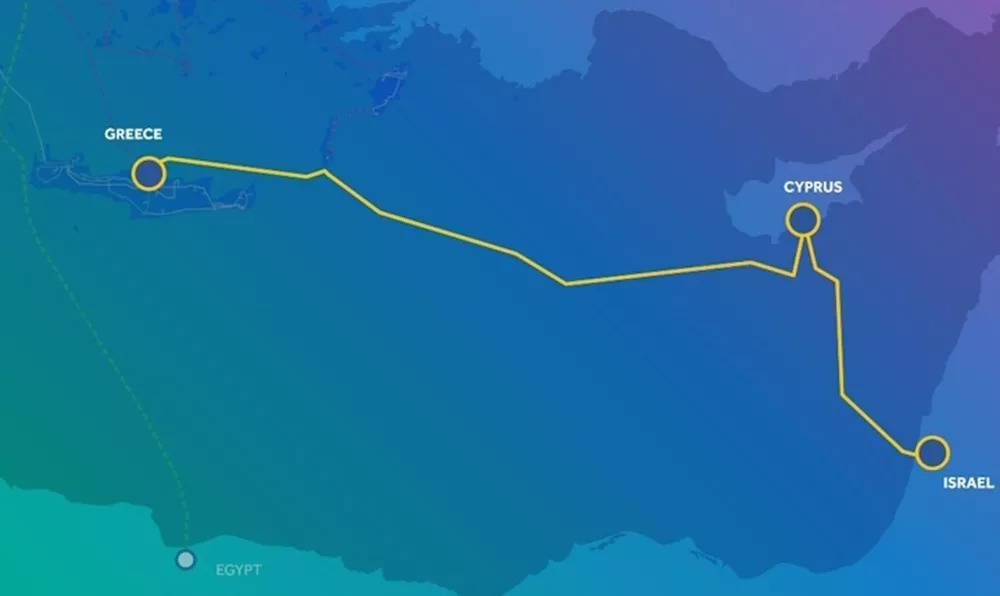
According to IPTO, RAAEY's choice regarding how to calculate the regulated revenue of the Greece-Cyprus electricity interconnection project is a crucial step toward finishing the regulatory framework for the Great Sea Interconnector (GSI) project.
With this decision, the Greek regulator acknowledges the need to pay the revenue from the beginning of the construction period, in line with the Cypriot regulator (RAEK), which took a similar decision in the summer of 2023 (under the previous Implementing Entity).
In its decision, the RAEK further specifies the 50–50% sharing of operating costs, adopting IPTO's proposal to assume a larger share of the operating costs compared to the 37% foreseen for Capex.
Lastly, because the project is so important to both countries, the RAEK decision that goes along with it is likely to include a stronger method to deal with the geopolitical risk of the project. This will specifically state that the regulatory asset base will cover the costs.
IPTO stresses that the adoption of this decision by the RAEK is extremely important because the prospect of issuing this decision has prevented the suspension of production by the submarine cable manufacturer Nexans due to regulatory uncertainty.
CRITICAL MILESTONES
The next critical milestone is the issuance of two additional decisions by the Greek and Cypriot regulators in order to complete the regulatory framework governing the project by mid-August, so as to eliminate the regulatory risk that still exists at this time, give Nexans full notice to proceed, and accelerate the entry of investors awaiting the final regulatory framework to make final investment decisions. Although the regulatory framework has not been finalised, IPTO has received binding financing terms (term sheet) from a commercial bank and has already submitted to both regulators its revenue proposal (wacc), which incorporates them along with the degree of technical complexity of the project






